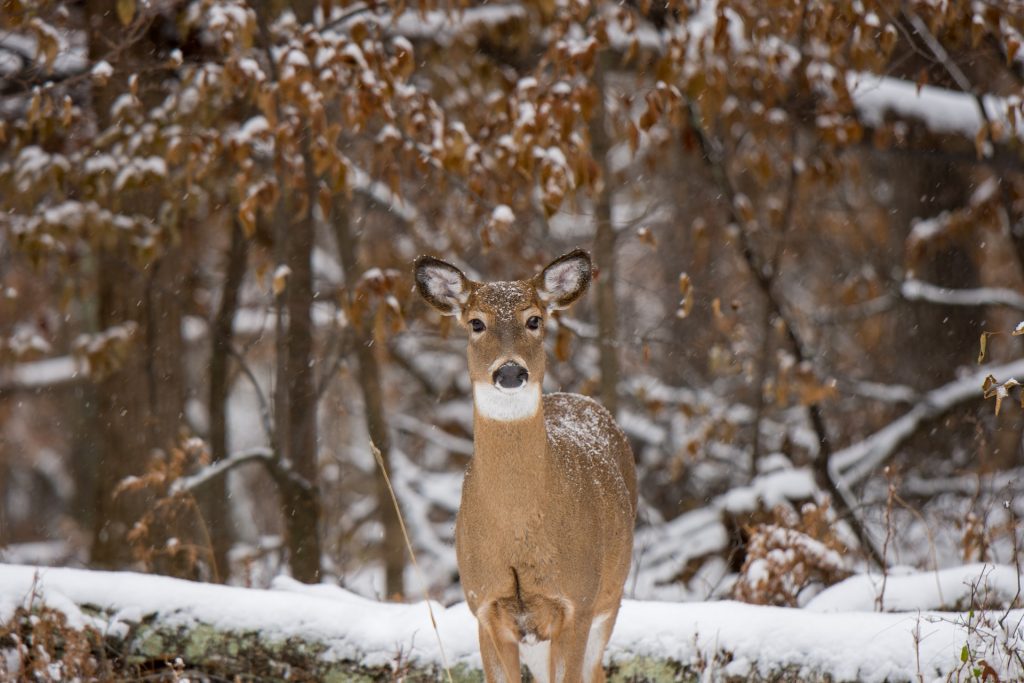In a pleasant turn of events for residents of Minnesota and Wisconsin, the National Oceanic and Atmospheric Administration (NOAA) is predicting a milder winter for the upcoming season. After enduring one of the snowiest winters on record last year, this forecast comes as a welcomed relief for those who recall the challenges brought about by the snow.
The NOAA’s winter outlook suggests that warmer-than-average temperatures are on the horizon for Minnesota and Wisconsin. This shift in weather patterns can be attributed to the presence of El Niño, a climate phenomenon, which is making a comeback this winter for the first time in four years. This resurgence of El Niño is contributing to the prediction of milder conditions in the region.
Furthermore, the NOAA’s assessment indicates that portions of both Minnesota and Wisconsin might experience slightly reduced precipitation levels during the winter months, with particular emphasis on the northern regions of Minnesota, stretching from Fargo to Duluth, all the way up to the Canadian border.
While this news is bound to elicit relief and smiles from many Minnesotans, especially those living in the Twin Cities who had to contend with over 90 inches of snowfall last winter – a record-breaking figure ranking third all-time – and Duluth, which set an all-time record with an astounding 140 inches of snow, it also comes in the wake of drought conditions that have gripped the area throughout the year.
Even a modest reduction in precipitation could potentially allow the drought to persist into the coming spring, which remains a concern for the region. For perspective, the Twin Cities typically sees an average snowfall of just over 51 inches throughout the winter season.
In essence, this NOAA forecast carries a mix of relief and caution for residents in Minnesota and Wisconsin. While a more temperate winter may be welcomed by those who remember last year’s snowy struggles, the specter of ongoing drought conditions remains a looming concern, emphasizing the delicate balance that Mother Nature strikes in this part of the world.
